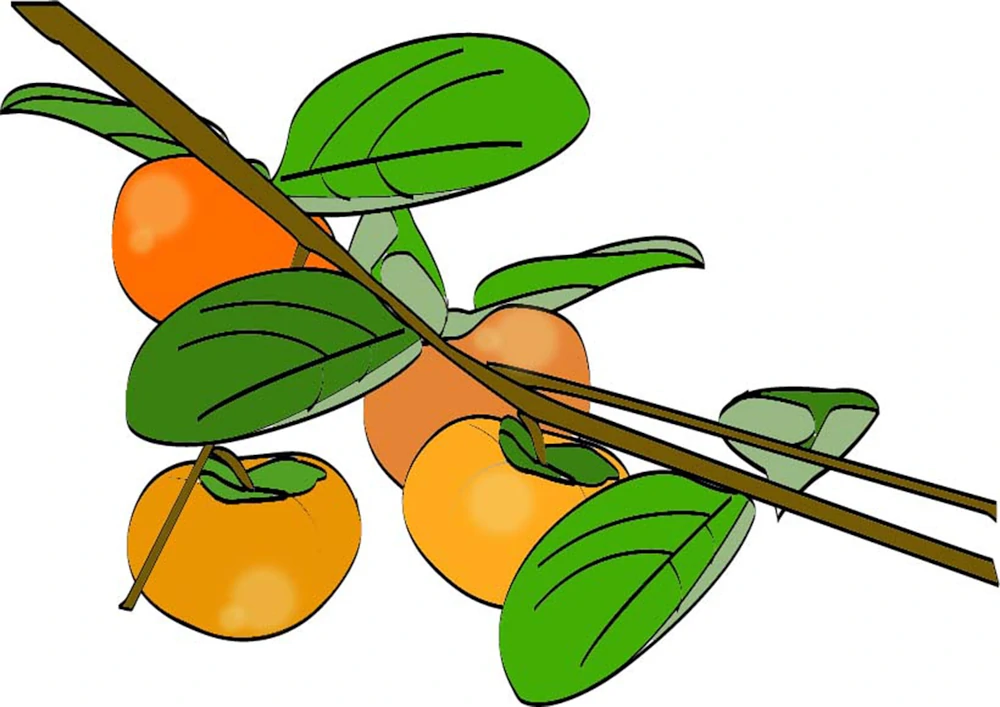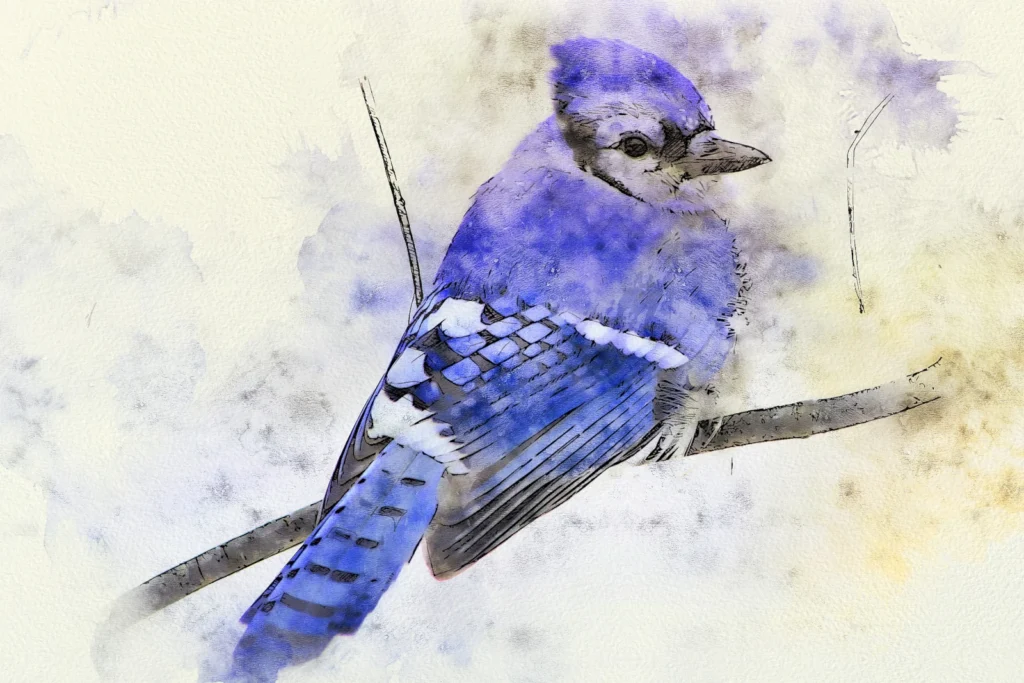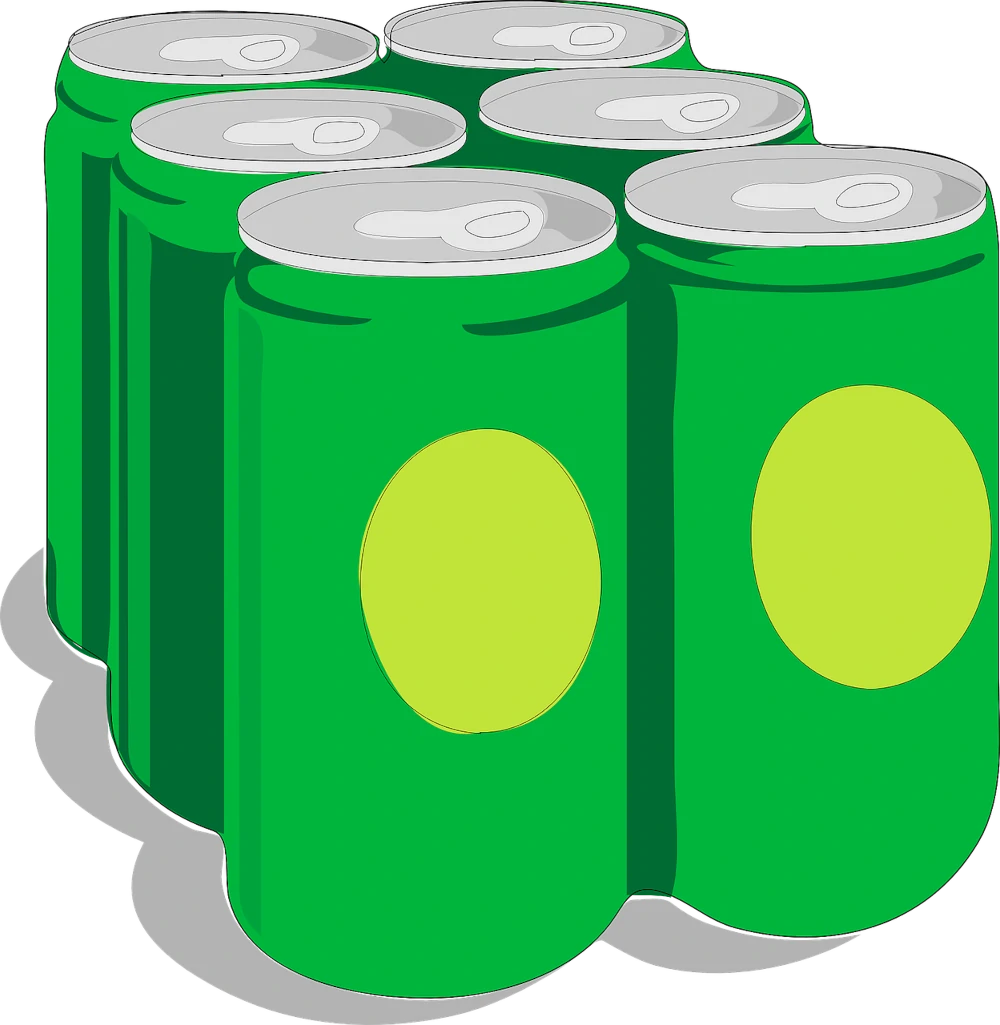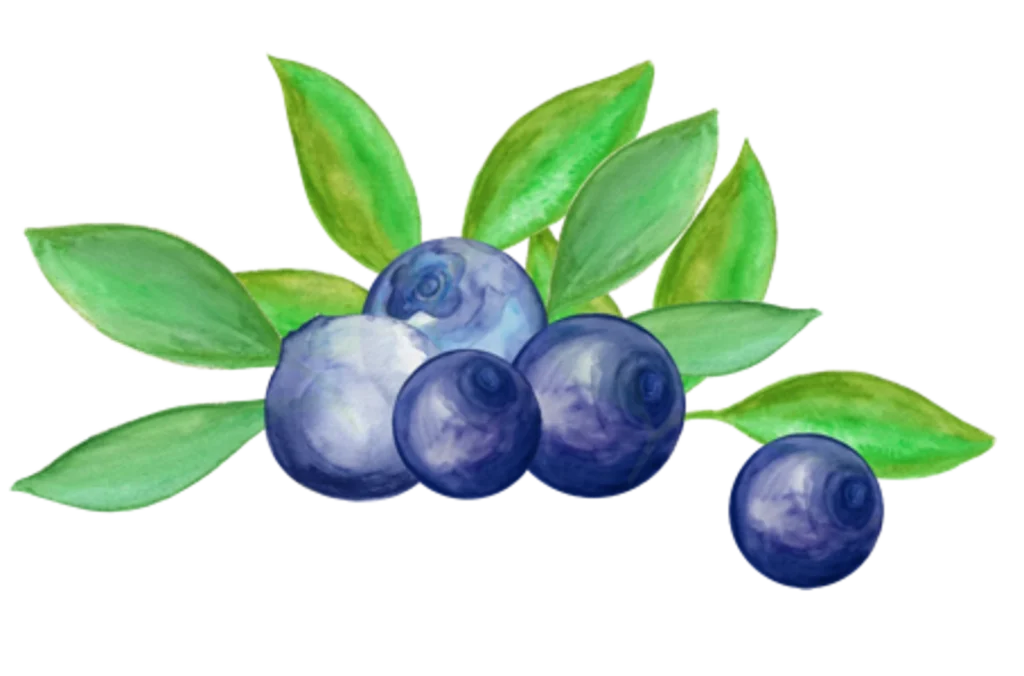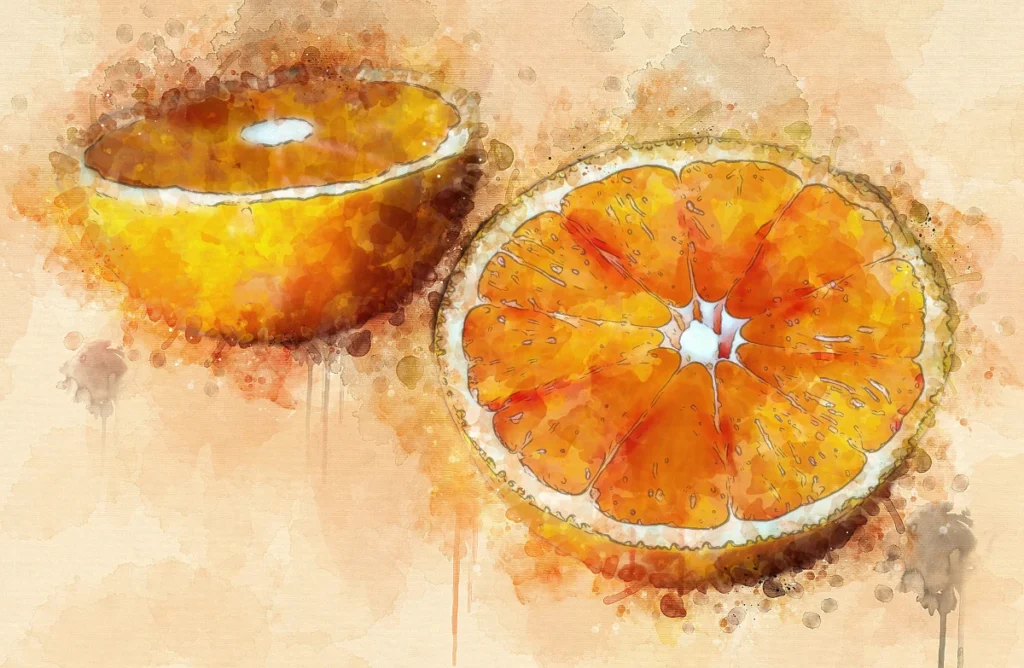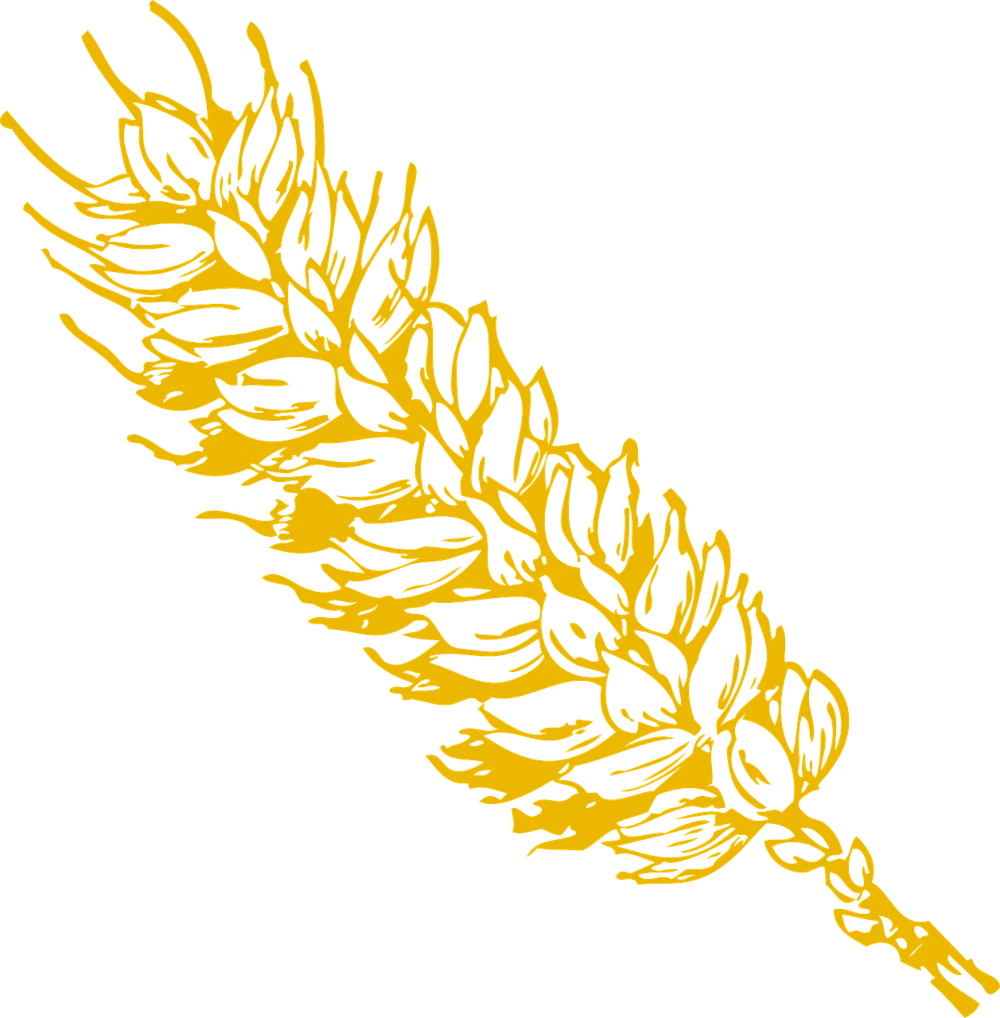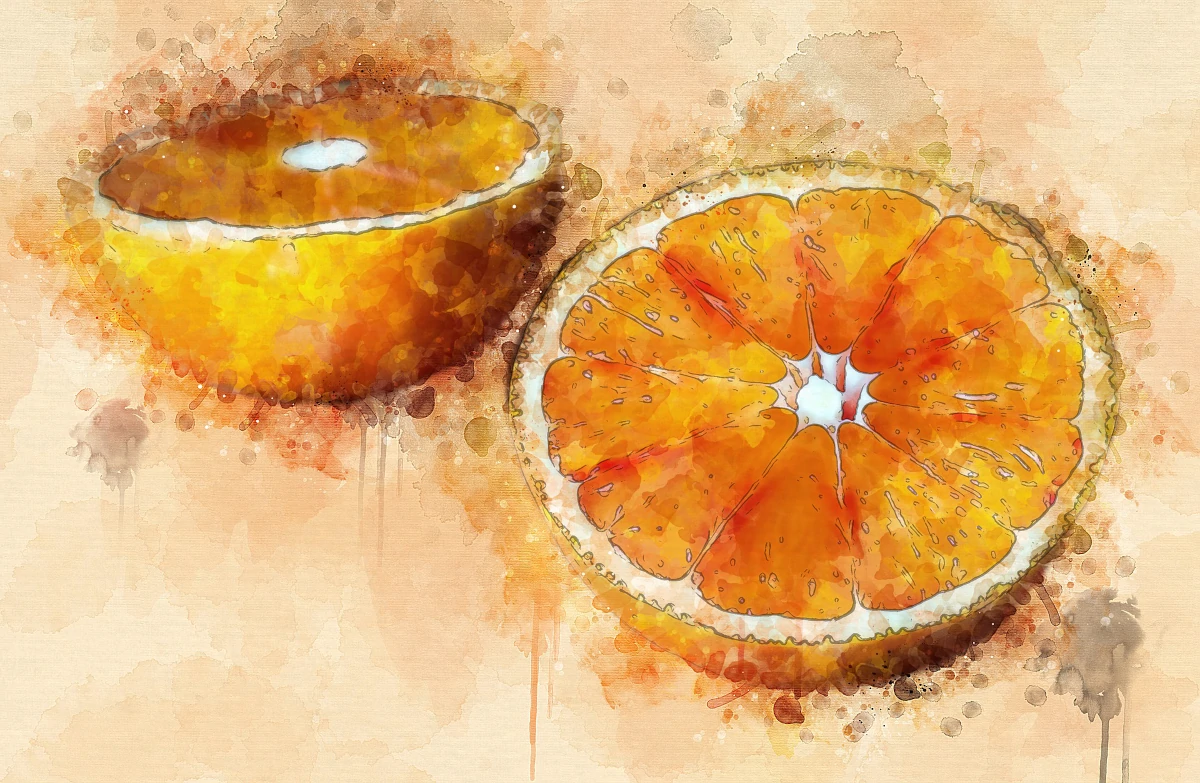
The Relationship of Poetry with Food
Words By Asmaani Kumar, Art By Amir Boucenna
My relationship with food has often been tumultuous. Over the years, it has been the object of my anger, my partner in crime and a companion that holds me close through long, tiring days. Sometimes it is even subject to my lack of attention as I mindlessly take bite after bite. While I have not yet put these observations in verse, poets over the years have used food as a metaphor to express the complexity of emotions and situations they find themselves in. These metaphors explore so many things: wonder, seasons, memories, family history, new beginnings and even love. The seven poems below are examples of how food can be used to express emotions and meaning.
Lee delves into the struggles of remembering with so much sincerity and how a persimmon reminds him of his childhood, his lover and how his father is losing his sense of sight. The final verse of the poem reads:
“He raises both hands to touch the cloth,
asks, Which is this?
This is persimmons, Father.
Oh, the feel of the wolftail on the silk,
the strength, the tense
precision in the wrist.
I painted them hundreds of times
eyes closed. These I painted blind.
Some things never leave a person:
scent of the hair of one you love,
the texture of persimmons,
in your palm, the ripe weight.”
It begs the question: What is one thing you will always remember? What is one image you would hold onto if you begin to lose your sense of sight? Through this poem, a fruit causes Lee’s father to confess the one thing he would never forget even when his sense of sight is lost.
2. Dawn Revisited by Rita Dove
Imagine you wake up
with a second chance: The blue jay
hawks his pretty wares
and the oak still stands, spreading
glorious shade. If you don’t look back,
the future never happens.
How good to rise in sunlight,
in the prodigal smell of biscuits –
eggs and sausage on the grill.
The whole sky is yours
to write on, blown open
to a blank page. Come on,
shake a leg! You’ll never know
who’s down there, frying those eggs,
if you don’t get up and see.
On days when it’s hard to wake up in the morning and feel that the sunlight will bring about something good, Dove goes back to breakfast. Through this first and most filling meal of the day, she challenges the reader to wake up and take on the day fearlessly. This poem reminds us how food can mark the passage of time, how a new meal can signify a new beginning, a new day gifting us hope and brimming with possibilities.
3. Mountain Dew Commercial Disguised as a Love Poem by Matthew Olzman
In this poem, Olzman expresses his own love language by talking about his wife’s love language. Through its tenderness and attention to detail, this piece shows the reader that love is in the small things. After all, what is a greater expression of love than the following lines?
“And one day five summers ago,
when you couldn’t put gas in your car, when your fridge
was so empty—not even leftovers or condiments—
there was a single twenty-ounce bottle of Mountain Dew,
which you paid for with your last damn dime
because you once overheard me say that I liked it.”
In buying that bottle of Mountain Dew despite being broke, Ozlman’s wife reveals her love for him. Through this act of recognition and care, embodied in a food item, she displays the great depth of her emotions.
4. Here there are blueberries by Mary Szybist
While Rita Dove challenges the reader to wake up and see the wonder a day can hold, Szybist offers quieter hope. She encourages the reader to look at what they have and pay attention to the small details. For her, there is no grand reason for living life, as we’re often told. She asks the reader to stop running after this very reason and instead to lie down on the grass and savor the blueberries—a metaphor for life unfolding. Her message is that, even on the most mundane of days, life is worth living.
“You must live for something, they say.
People don’t live just to keep on living.
But here is the quince tree, a sky bright and empty.
Here there are blueberries, there is no need to note me.”
5. june 8, the smiley barista remembers my name by Wo Chan
Through their routine order at a café, Wo Chan talks about how they’ve started to forgive themselves for their past mistakes and live a better life. In the poem, having a newfound appreciation for life isn’t final. Instead, Chan remarks that life is an ongoing conversation, which means that at times there will be agreements, at other times conflicts and the failure to see eye to eye—but there will also be hope for understanding. It is in building a routine through the act of ordering the same food at that same cafe that Chan starts recognizing what it takes to build a life.
Beauty on earth so blue, even the cheese flowers
a culture with no democracy… Yesterday (for example),
I ate the same sandwich I eat every week: eggplant
roasted in red pepper aioli, a focaccia jammed full
by arugula, capers sweaty in browned butter. How
have I come to love routine? I’m thirsty and abashed.
The fabric of my childhood underwear triple axels in the wind—wow.
The whole neighborhood watches me do emails, go to therapy: she shed
revenge for forgiveness. I said it, “i forgive you” slipping
like a key beneath a door, where never was a house attached.
Is it beauty on earth, so blue? Each side stalled, you are touched,
forstanding the sun. Its fat macula borne down grips
(i wish! i saw! i fear! i heard! i dream) like an emotion.
This is not a feeling. This can be, I think, a conversation.
“This is how I will choose
you: by feeling you
smelling you, by slipping
you into my coat.”
Through oranges, Kelly discusses love, choice and recognition. She imagines how she will find her lover, choose them, know them in the midst of a crowd and love them. Unlike most love poetry that describes the real feeling of being in love, this one stands off to the side by imagining it. By comparing her imaginary lover to an orange she crafts similarities between the act of choosing a sweet orange with that of finding a sweet lover and the joy and excitement that arises from that process.
7. At a Waterfall, Reykjavik by Eileen Myles
I still feel like
the world
is a piece
of bread
I’m holding
out half
to you.
This poem exemplifies how gentle, tender and loving the act of sharing is. “I would give you half my bread,” says Myles, but what she means is, “I would give you half of my world because that is all I have to give.” In a mere seven lines of verse, she expresses her depth of emotion for the person she loves. As a bonus, check out Peanut Butter—another of her poems that uses food to describe something else.
With these curated food treasures top of mind, a question: What food in your fridge is begging to become a poem? Think about what food represents for you, whether it is love, emptiness, grief, transformation or anything else. If you end up writing something, don’t forget to submit to F(r)iction so we can read it!
